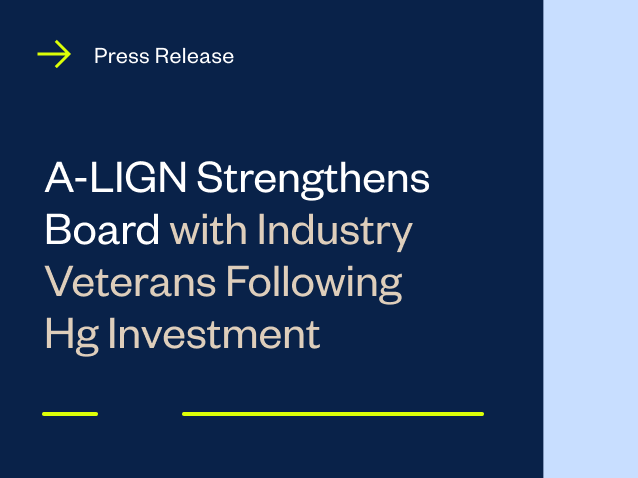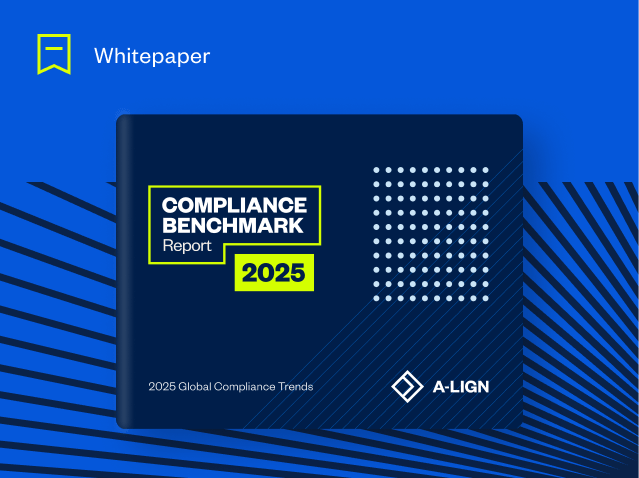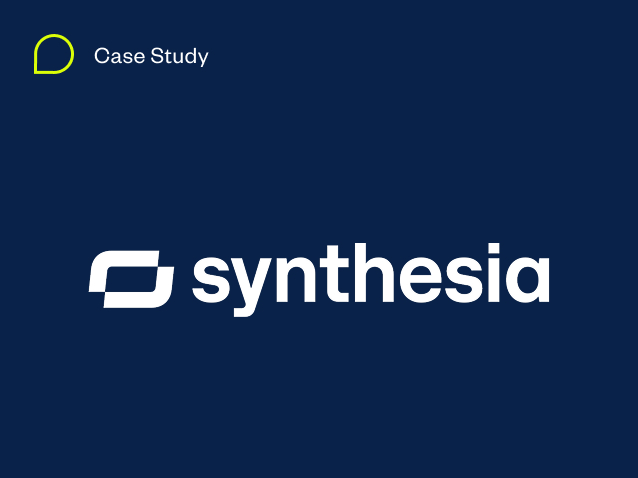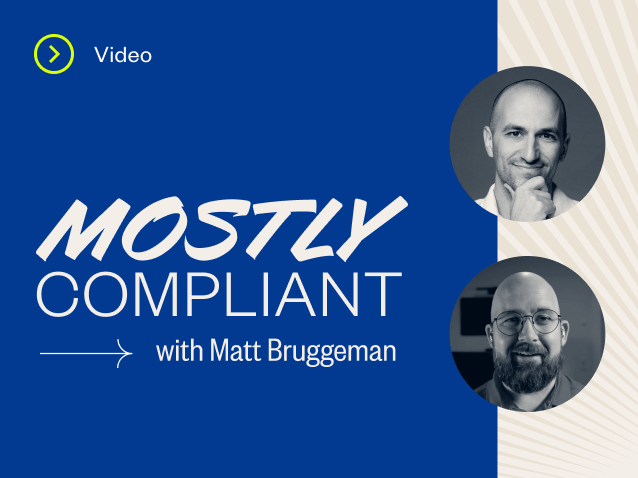ISO 42001 FAQs: Navigating AI Security and Management
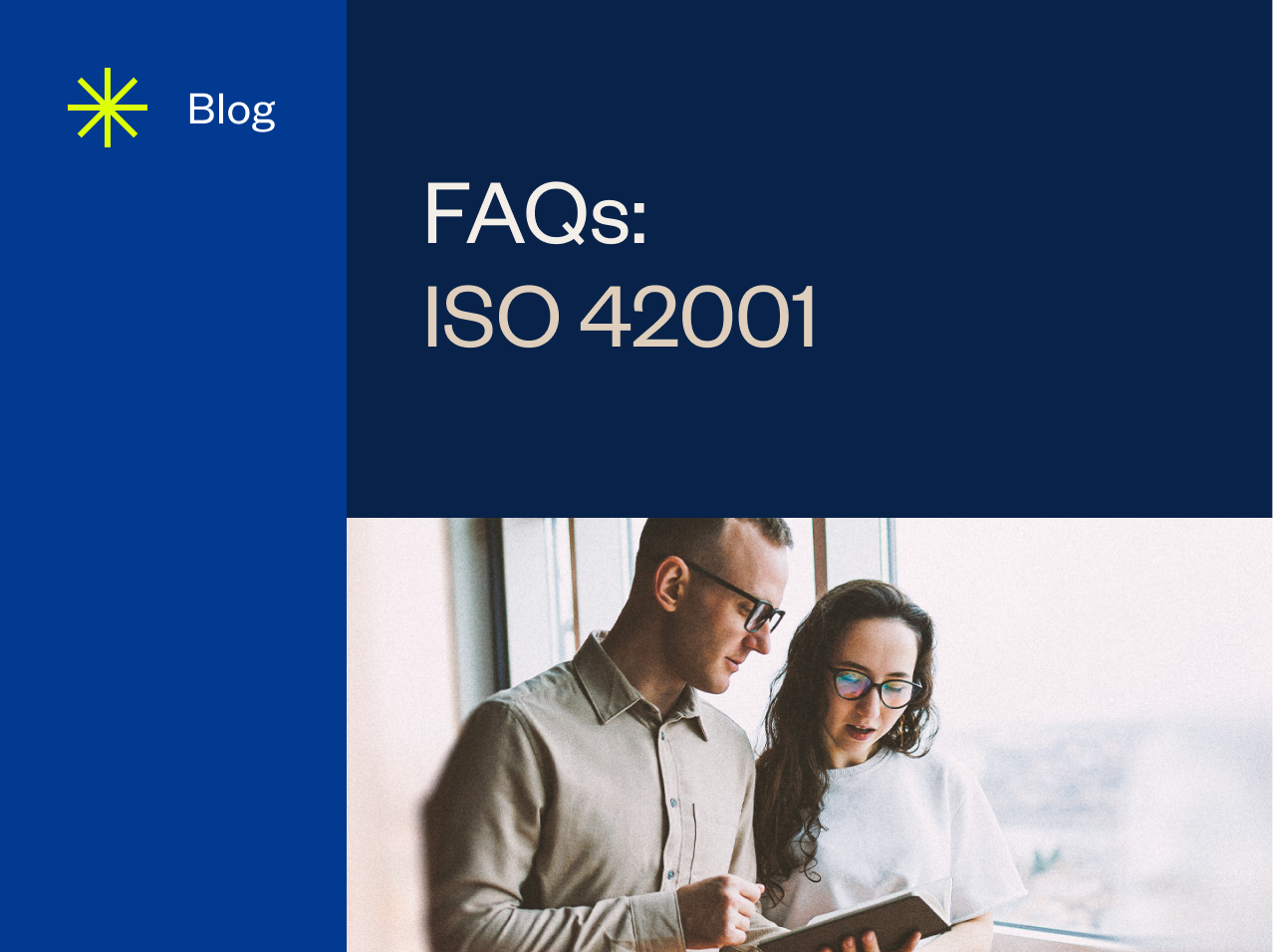
ISO 42001 has sparked significant interest among organizations that currently use – or plan to use – artificial intelligence (AI) in their businesses. As organizations figure out how to leverage AI ethically and effectively, they are looking to this new standard for guidance.
We’ve compiled frequently asked questions about ISO 42001 and consulted industry experts for their insights. Below is a distilled Q&A guide all about implementing ISO 42001.
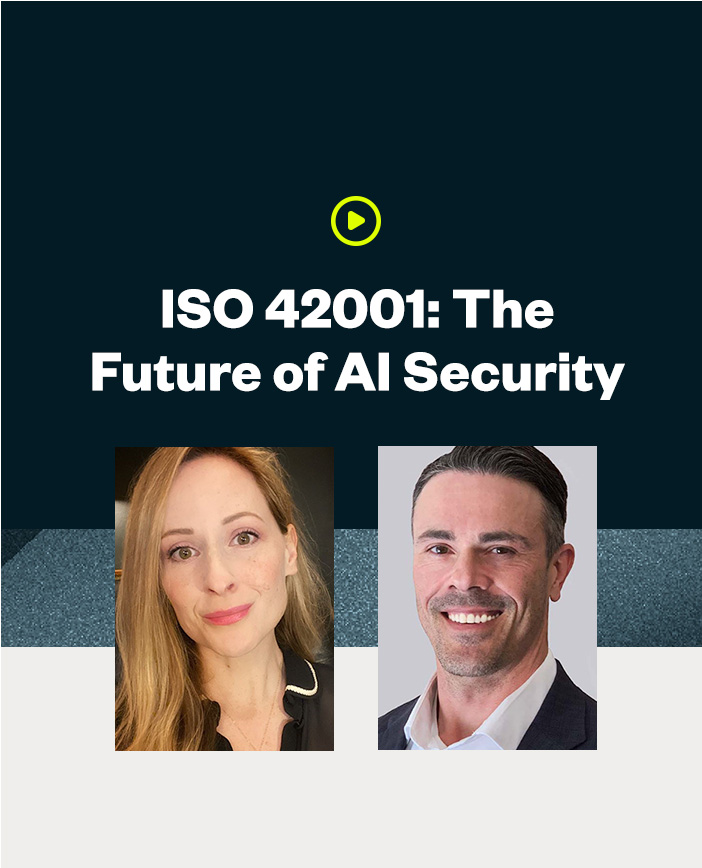
Watch our on-demand webinar, ISO 42001: The Future of AI Security with Patrick Sullivan, VP of Innovation and Strategy at A-LIGN and Kim Lucy, Director of GRC Standards at Microsoft.
What is ISO 42001 and why is it gaining attention?
ISO 42001 is a standard that outlines the requirements for establishing, implementing, maintaining, and continually improving an AI Management System (AIMS). Its significance stems from the increasing reliance on AI technologies across various sectors and the need to ensure these technologies are developed and used responsibly. ISO 42001 helps organizations align their AI practices with ethical, legal, and technical standards, facilitating trust and safety in AI applications.
Who were the architects behind ISO 42001?
The development of ISO 42001 was a collaborative international effort, involving experts from tech industries, academia, and public sectors. Contributors like those from Microsoft and other leading technology firms played pivotal roles, leveraging their expertise to ensure the standard reflects the latest in AI governance and management practices. This diversity ensures ISO 42001 is broad in scope and applicability, making it relevant across industries and regions.
How does ISO 42001 relate to existing management systems, such as ISO 27001?
While sharing high-level structures with other ISO standards like ISO 27001, ISO 42001 incorporates unique elements specific to AI, such as detailed risk management focused on societal and individual impacts of AI systems. This includes the requirement for AI impact assessments, setting it apart from other standards that may focus more on organizational risks. The inclusion of sector-specific requirements underlines the standard’s focus on the unique challenges posed by AI technologies.
Can adopting ISO 42001 aid in regulatory compliance, like the EU AI Act?
ISO 42001 was designed with an eye towards facilitating compliance with emerging regulations, including the EU AI Act. By aligning its provisions closely with such legislative frameworks, ISO 42001 serves as a valuable tool for organizations navigating the complex landscape of AI regulation. It offers a robust foundation that can help meet current and future legal requirements, positioning organizations favorably in a regulated environment.
Is ISO 42001 applicable to both large corporations and startups?
Yes, one of the strengths of ISO 42001 is its scalability and flexibility, making it suitable for organizations of all sizes, from global corporations to startups. The standard’s applicability regardless of an organization’s size is a testament to its thoughtful design, emphasizing the importance of defining the organization’s context and management system scope effectively. Properly scoped, ISO 42001 can guide any organization towards responsible AI use.
What assessments are mandated by ISO 42001 for AI systems?
ISO 42001 requires organizations to conduct AI impact assessments and AI risk assessments, emphasizing the effects on individuals and society. This approach marks a shift from traditional enterprise risk assessments, directing attention towards the broader implications of AI technologies. These assessments are critical for understanding and mitigating the potential negative impacts of AI systems on society.
How does ISO 42001 enhance trust within the AI supply chain?
By establishing a certification process for responsible AI use, ISO 42001 helps create a trust chain within the AI supply chain. This is particularly crucial in industries where AI components are integral to products, such as medical devices. Certification signifies that an organization has met stringent criteria for responsible AI development and use, providing assurances to partners and consumers alike.
Are there additional resources that complement ISO 42001?
For organizations seeking to thoroughly implement ISO 42001, resources such as ISO 23894 for AI risk management and ISO 42005 for guidance on AI impact assessments are invaluable. These documents provide deeper insights and practical advice on adhering to ISO 42001, offering a more comprehensive understanding of managing AI systems responsibly.
What challenges might organizations encounter with ISO 42001?
Adopting ISO 42001 requires a commitment to deep engagement with the standard’s requirements. Organizations should be prepared for a process that is more involved than simply applying a set of prescriptive measures. Successful implementation necessitates a nuanced analysis and adaptation to the organization’s specific context, goals, and the regulatory environment.
How does ISO 42001 prepare organizations for future AI regulations?
ISO 42001’s close alignment with current regulatory trends, such as the EU AI Act, and its proactive incorporation of AI impact assessments position organizations well for future AI regulations. It serves as a foundational step, enabling organizations to adapt to new legal requirements more seamlessly and ensuring continued responsible AI use.
For businesses considering venturing into AI or seeking to enhance their AI governance, ISO 42001 provides a comprehensive framework that supports ethical, legal, and efficient AI use. By adopting ISO 42001, organizations can better, and more proactively, navigate the challenges of AI implementation, foster innovation, and build trust among stakeholders.
How do I get started with ISO 42001?
With a new framework, it is especially important to have an experienced audit partner on your side. The team at A-LIGN is on the forefront of ISO 42001 certification and has a team of experts ready to help you navigate the audit process and achieve ISO 42001 compliance.
